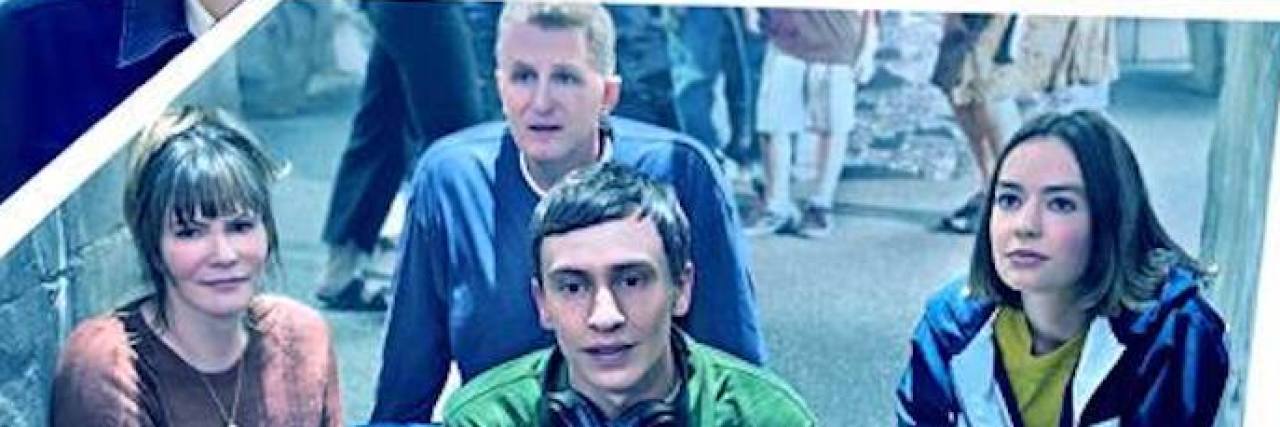I binge watched all of season 2 of “Atypical” this weekend and I loved it. No real spoiler alerts, but as a parent of a teenage son with autism, I was particularly impressed with one topic the creators of the show addressed.
Before I talk about it, I want to give a shout out to the creators who heard the autistic community and actually hired more autistic actors and brought an autistic adult to consult for this season. The actors were incredible, real and so needed.
What really hit home for me, as both a mother and autism advocate, is that they included the topic of autistic individuals and police interactions. They got it right in so many ways. Both sides of this interaction were represented.
As a parent of an autistic teenager, I want to keep my son safe and I want the police to “get it right.” The police officer, unaware and obviously untrained on the common presentations of someone with an autism spectrum disorder, immediately assumed that Sam’s stimming and scripting were a result of drugs or alcohol, then later placed Sam’s photo on a “Wanted and Missing Persons” board as the solution to understanding Sam’s autism. That was certainly not “right.”
However, as a former juvenile probation officer, who wore a Kevlar vest, carried a .40 caliber Glock and worked side by side with our city police officers, I appreciate and understand that police officers don’t carry cliff notes of the DSM V in their back pocket. Police officers often have to make split second decisions for their safety as well as the person they are stopping and other bystanders and the officer in “Atypical” tried to convey how difficult this can be sometimes for the police.
The solution that can help everyone is training. Training for both, the police and autistic individuals. Police, and other members of the law enforcement community, certainly need to understand the common presentations of autism as well as how to safely interact with autistic individuals, but we, parents, need to do our part too. As a parent, it is my job, to prepare my son, to teach him what to do and what not to do if stopped by the police, to introduce him to the local police before an incident occurs and to educate the police not just on autism, but on how autism impacts my son.
I am fortunate enough to work for an agency that allows me to do both. We provide trainings for law enforcement as well as families. You can call what I do a purpose, a calling, a mission. I just call it necessary. Clearly the producers of “Atypical” think it’s necessary, too.
Banner image via Facebook

